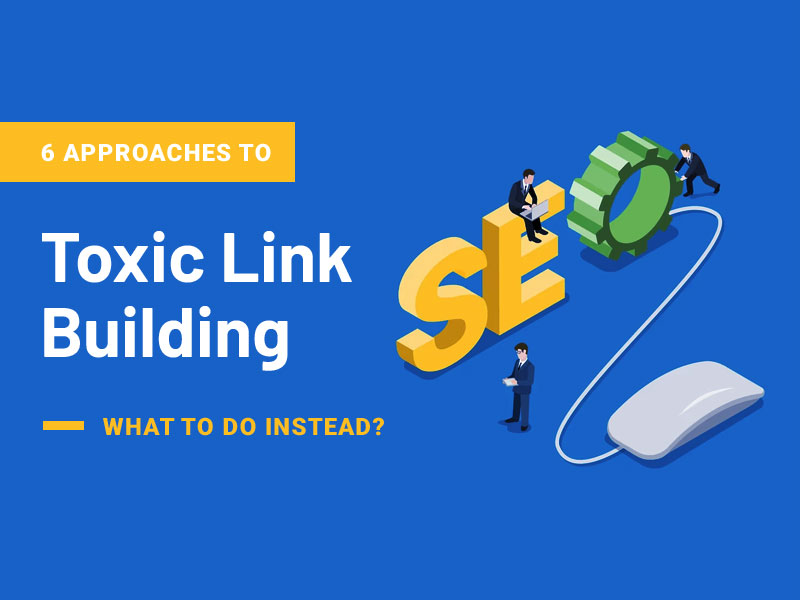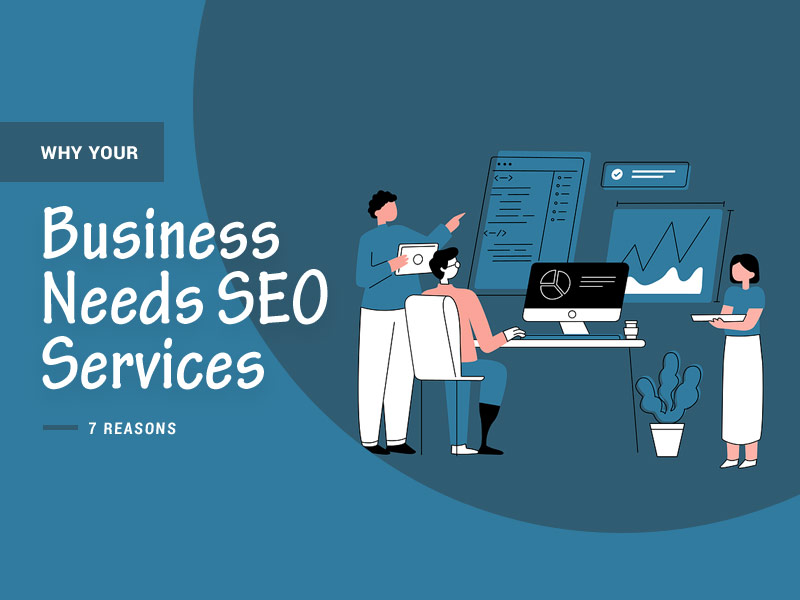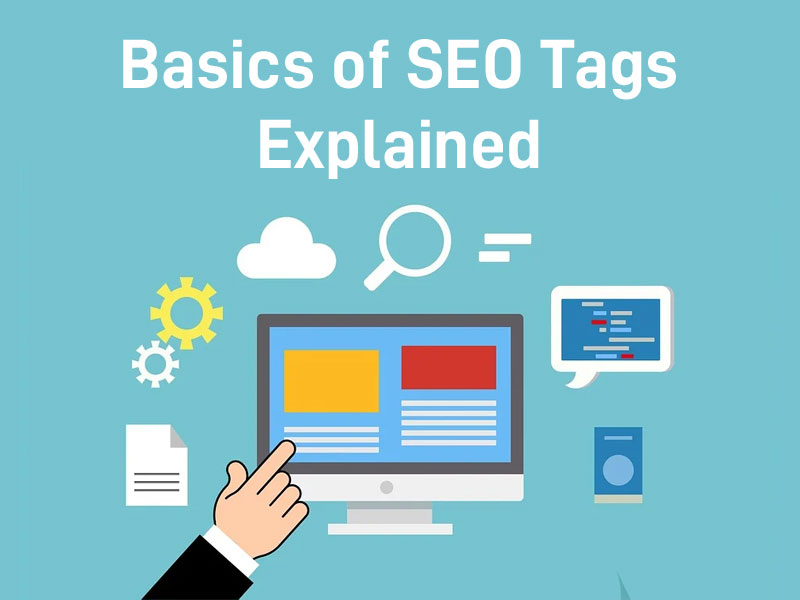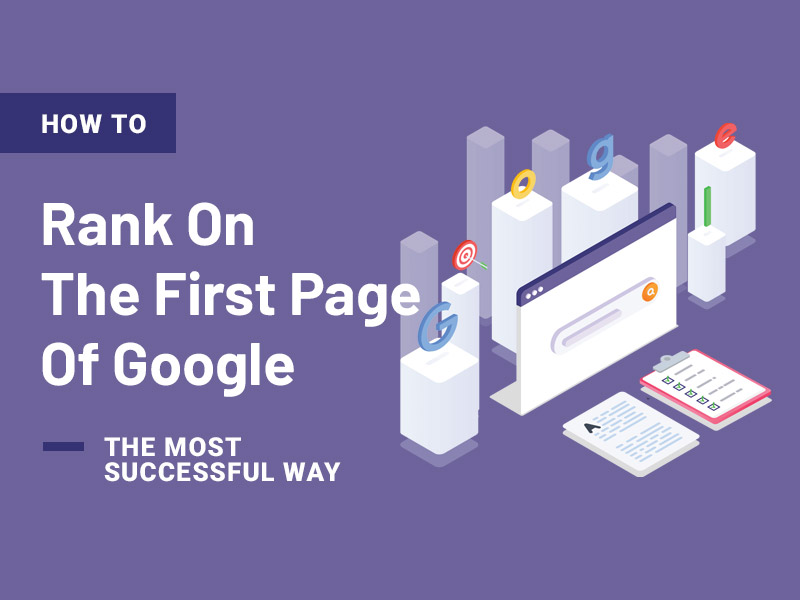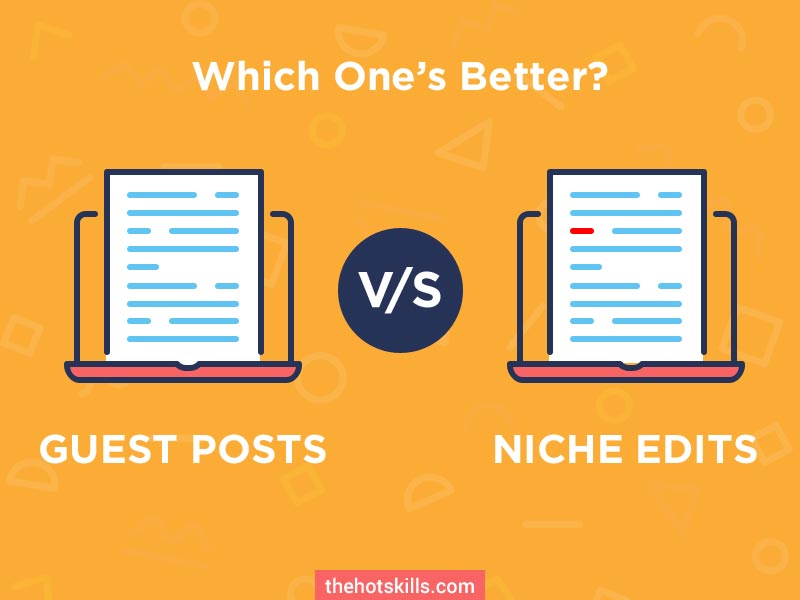In the intricate world of SEO, link building is a cornerstone for enhancing a website’s visibility and credibility. However, not all strategies are created equal, and some approaches can prove toxic to your digital presence. This article will delve into six toxic link-building practices and provide insights into healthier alternatives for a sustainable and effective SEO strategy.
1. Buying Links
One of the most straightforward yet hazardous tactics is buying links. While it might seem like a shortcut to bolstering your website’s authority, search engines like Google frown upon this practice. Purchased links lack the organic, genuine nature that search algorithms value. Instead, focus on earning links through quality content and building relationships within your industry. Hiring link building services can be an effective approach to creating genuine links.
2. Borrowing Links
Some businesses resort to borrowing or leasing links from other websites to quickly boost their link profile. However, this approach is akin to building a house on borrowed land – it’s unsustainable and can lead to severe consequences. Instead, concentrate on building your network, creating valuable content, and fostering relationships with others in your industry.
3. Using Wrong Tools
The digital landscape is filled with tools promising quick and easy link building. However, relying on the wrong tools can lead to spammy practices and a tarnished online reputation. Invest time in researching and choosing reputable tools that align with ethical link-building guidelines. Tools that assist in competitor analysis, backlink tracking, and content discovery can be invaluable when used responsibly and ethically.
4. Having a Single Link Building Strategy
A common mistake is relying on a single link-building strategy. Diversification is the key to a robust link profile. Relying solely on guest posting, for example, can make your website vulnerable to algorithm changes or shifts in industry trends. Embrace a multifaceted approach that includes guest posting, content marketing, influencer collaborations, and other legitimate tactics.
5. Bribing
Attempting to bribe others for links is a perilous path that can lead to severe consequences, including penalties from search engines. Instead of resorting to questionable tactics, focus on creating compelling content that naturally attracts links. Building relationships with influencers and stakeholders in your industry can also lead to organic link opportunities without resorting to unethical practices.
6. Disregarding Broken Links
Ignoring broken links on your website is not only detrimental to user experience but also impacts your SEO efforts. Broken links send negative signals to search engines, indicating neglect and poor website maintenance. Regularly audit your site for broken links and fix them promptly. Additionally, leverage broken link building strategies by reaching out to webmasters and offering your content as a valuable replacement for their broken links.
Final Thoughts
In the dynamic world of SEO, it’s crucial to adopt ethical and sustainable link-building practices. Steering clear of toxic approaches ensures not only the long-term health of your website but also enhances its credibility in the eyes of search engines. Embrace a diversified, content-driven strategy, prioritize relationship-building within your industry, and let the quality of your website naturally attract the links it deserves. By avoiding toxic link-building practices, you pave the way for sustainable growth and success in the digital realm.
